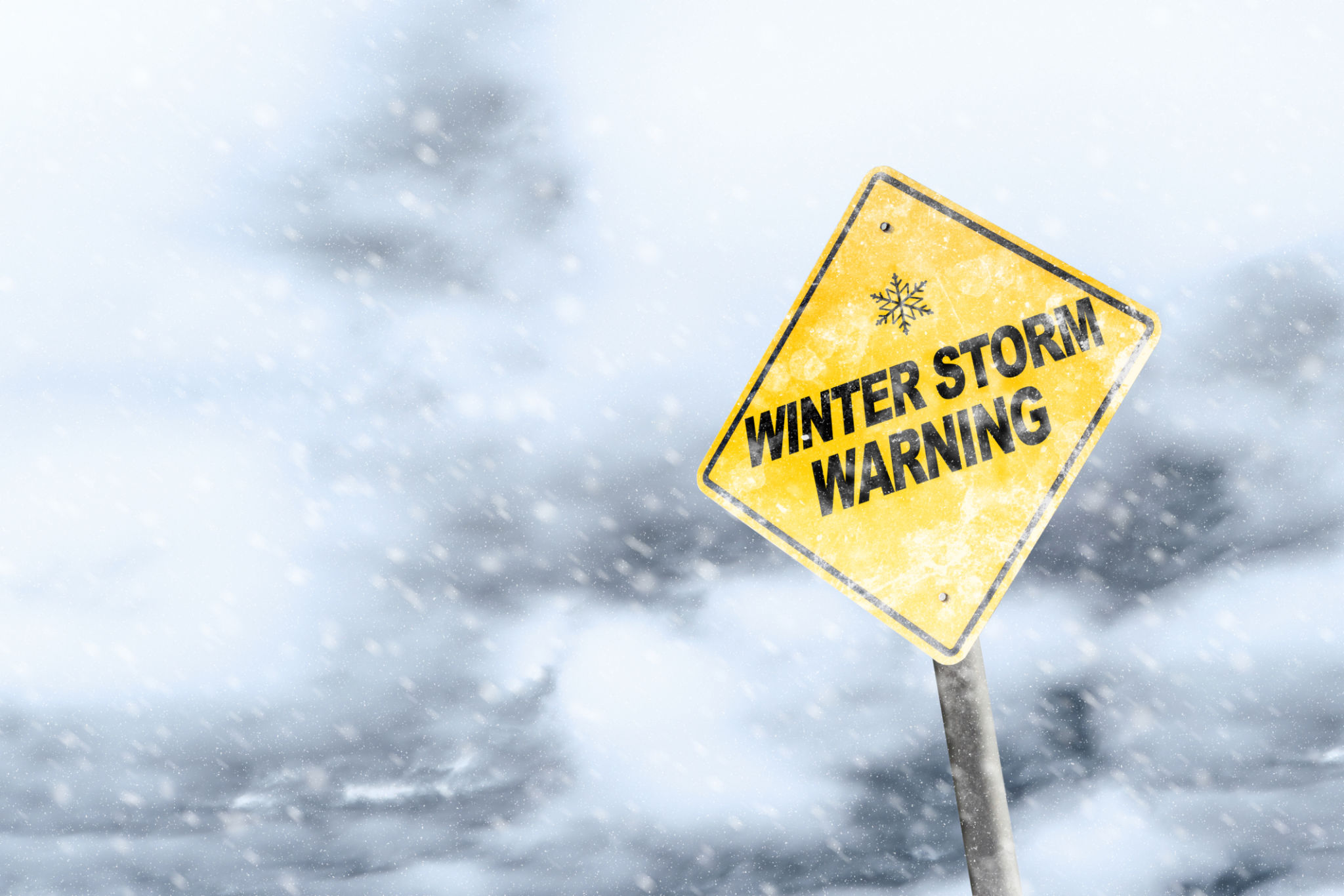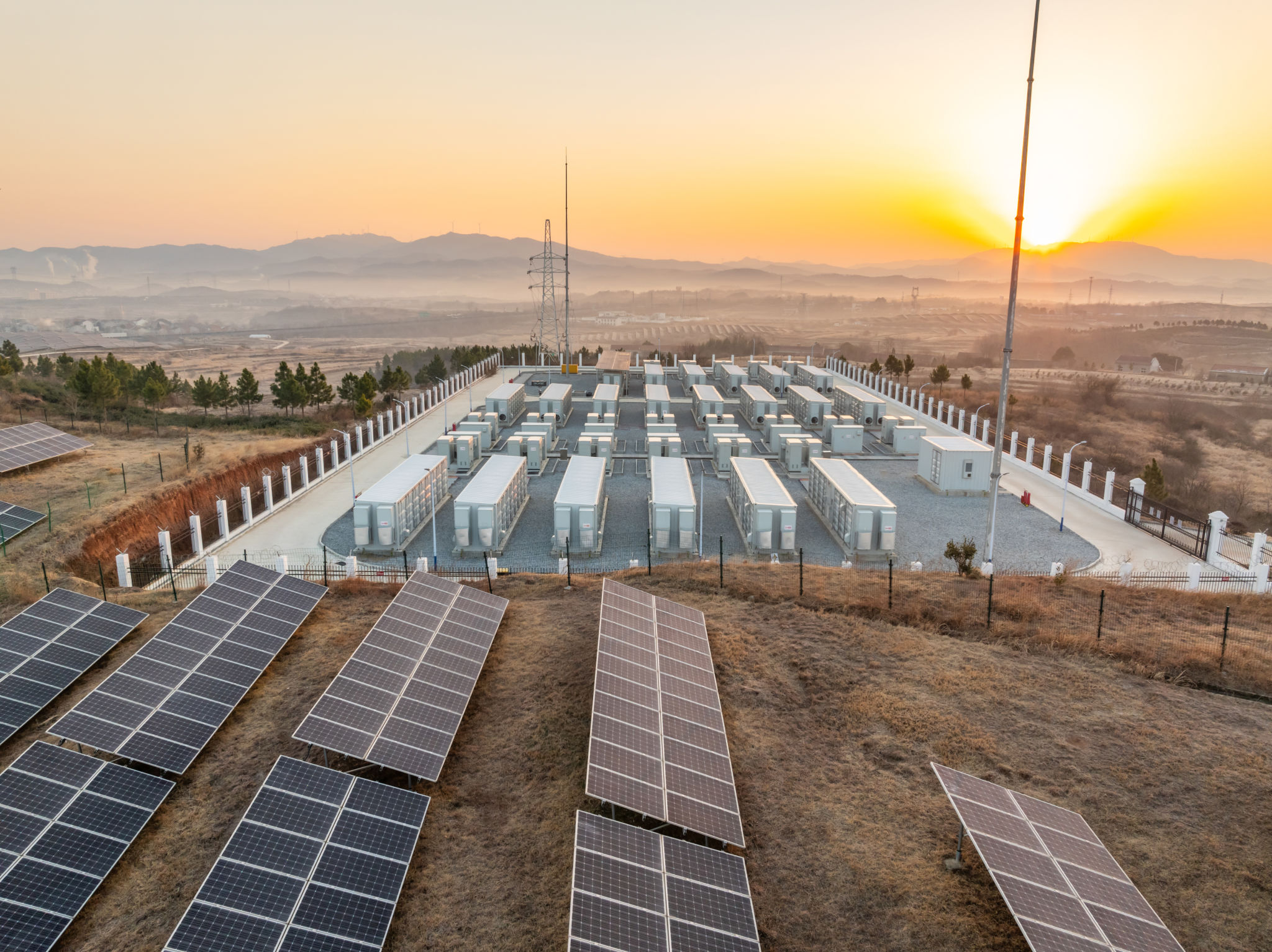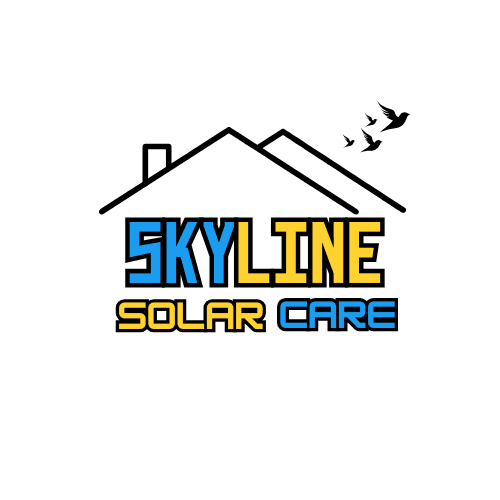Preparing Your Solar Panels for Florida's Hurricane Season
Understanding the Impact of Hurricanes on Solar Panels
Florida's hurricane season poses unique challenges for homeowners with solar panels. While solar panels are designed to withstand severe weather, hurricanes can test their limits. Understanding the potential impact of these storms can help you take proactive measures to protect your investment. Strong winds and flying debris are the main concerns, as they can cause physical damage to the panels. Additionally, heavy rain and flooding can affect the mounting structures and electrical components.
Despite these risks, solar panels are generally quite resilient. Most modern panels are tested to endure wind speeds up to 140 mph or more, which is comparable to a Category 4 hurricane. However, additional preparations can enhance their durability during extreme weather events.

Conducting a Thorough Inspection
Before hurricane season begins, it's essential to conduct a thorough inspection of your solar panel system. Begin by checking for any visible signs of wear and tear, such as cracks or loose connections. Ensure that the panels are securely mounted and that all bolts and screws are tightened. Pay special attention to the condition of the mounting system, as loose or corroded mounts can lead to significant damage during high winds.
It's also advisable to consult with a professional solar technician for a comprehensive evaluation. They can identify potential vulnerabilities that may not be immediately apparent and provide recommendations for reinforcement or repairs if necessary.

Securing Your Solar Panels
One of the most effective ways to safeguard your solar panels is by reinforcing their mounting systems. Consider installing additional brackets or braces to enhance stability. This is especially important for roof-mounted systems, which are more vulnerable to uplift forces during strong winds. Ground-mounted systems should also be checked for stability and reinforced if needed.
If your area is under a hurricane watch or warning, taking preemptive measures is crucial. Secure any loose objects around your property that could become projectiles. In some cases, you may need to temporarily remove your panels, but this should only be done with professional assistance to avoid electrical hazards.

Maintaining Electrical Safety
Electrical safety is paramount when preparing your solar panels for hurricanes. Ensure that all electrical connections are waterproof and well-sealed to prevent water ingress. If flooding is a concern in your area, consider elevating the inverter and other critical components above potential flood levels.
During a hurricane, if you experience power outages, remember that solar panels will not provide power unless connected to a battery backup system. It's important to have a backup plan in place and know how to operate any emergency equipment safely.

Monitoring and Post-Storm Assessment
Once a hurricane has passed, a prompt assessment of your solar panel system is necessary. Check for any physical damage and ensure that the system is functioning correctly before restoring it to full operation. Look for signs of water damage or electrical issues, and address them immediately to prevent further complications.
If you notice any signs of damage or suspect that your system isn't working properly, contact a professional solar technician for a detailed inspection and repairs. Regular maintenance and prompt responses to any issues will extend the lifespan of your solar panels and ensure their efficiency.

Leveraging Technology for Better Preparedness
Advancements in technology provide homeowners with tools to better prepare their solar panel systems for hurricanes. Smart monitoring systems can offer real-time updates on the condition of your panels, alerting you to any issues that need immediate attention. These systems can be particularly useful in assessing performance during and after storms.
Additionally, investing in a battery storage solution can enhance your energy resilience during power outages. A battery system allows you to store excess energy generated by your panels, providing a reliable power source when the grid is down.

